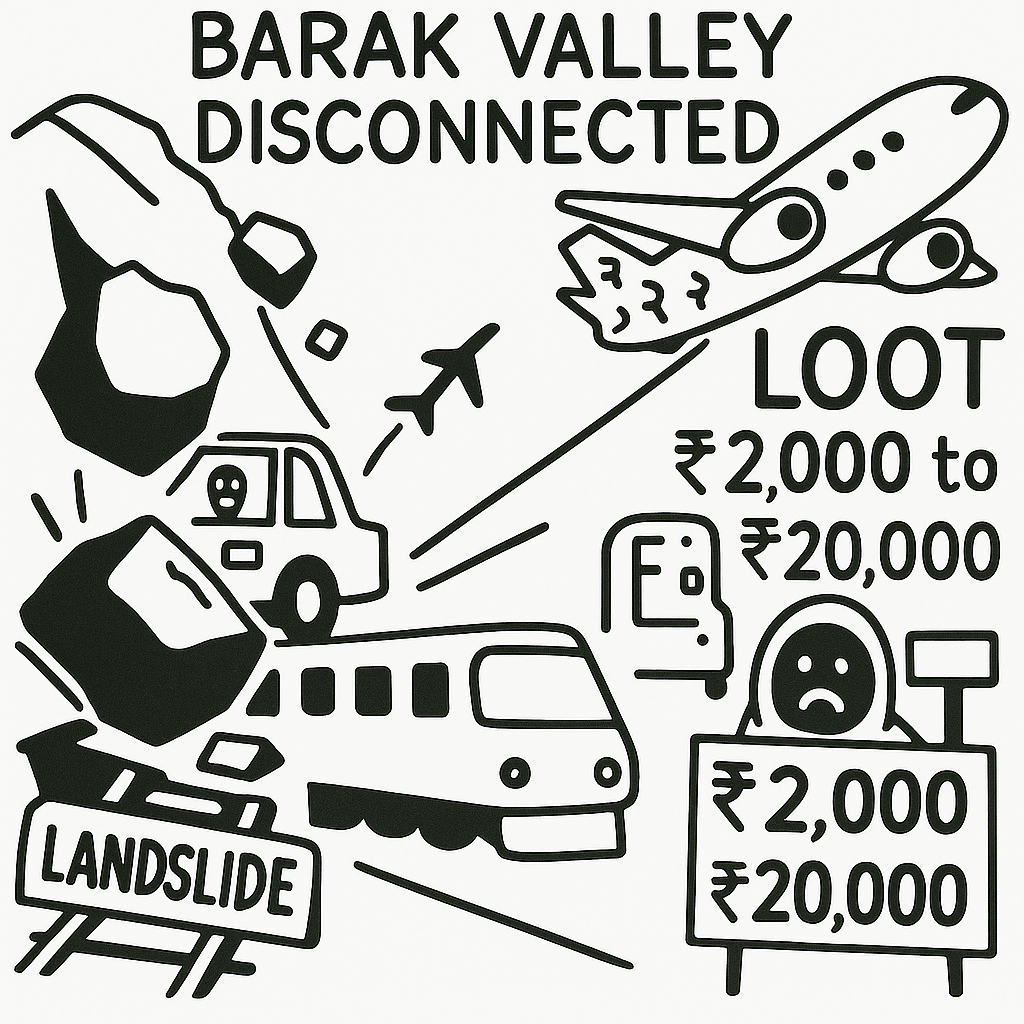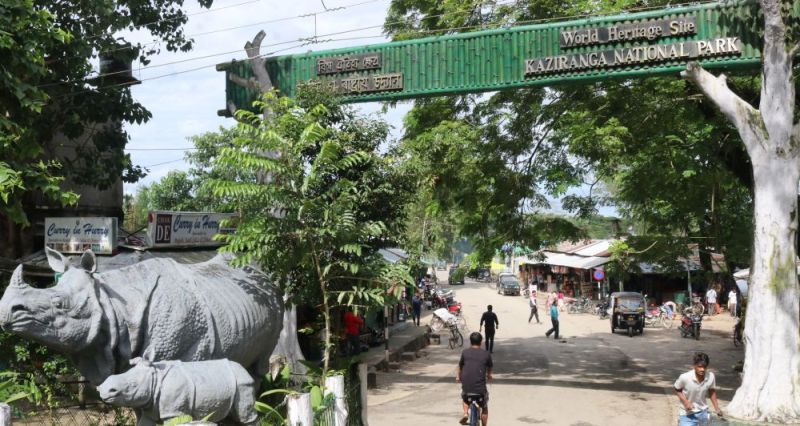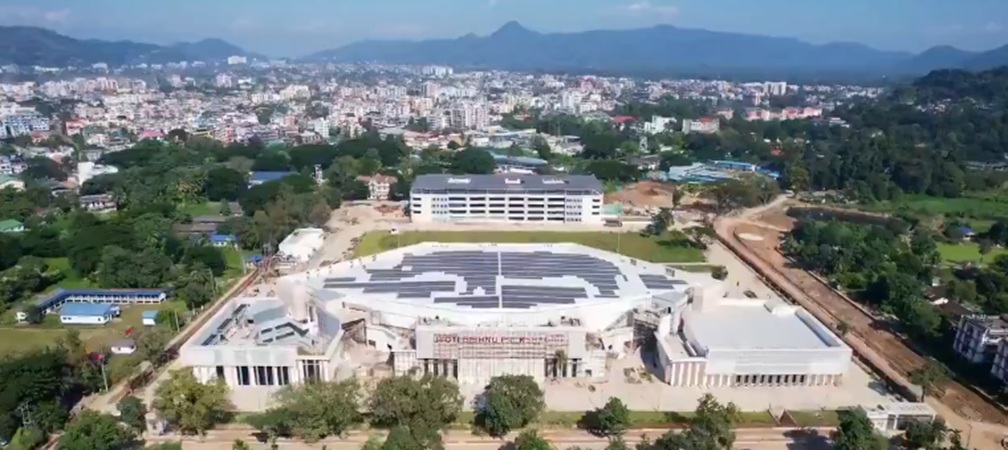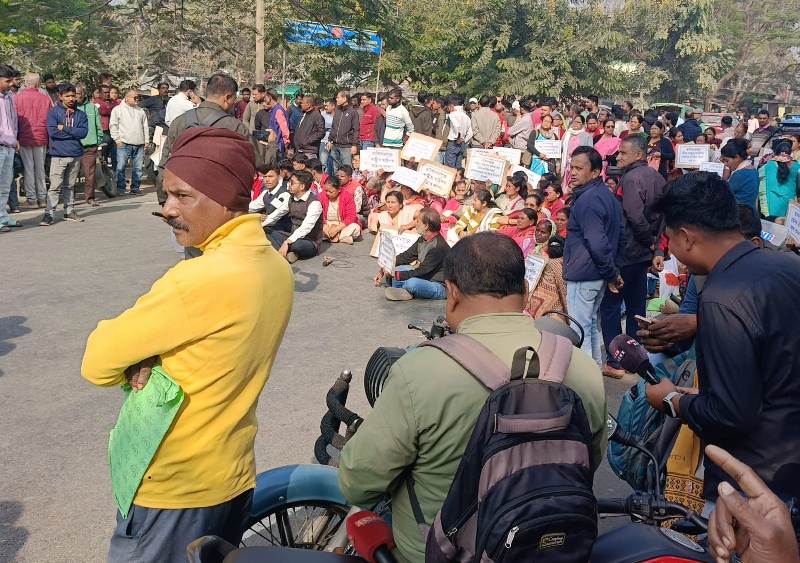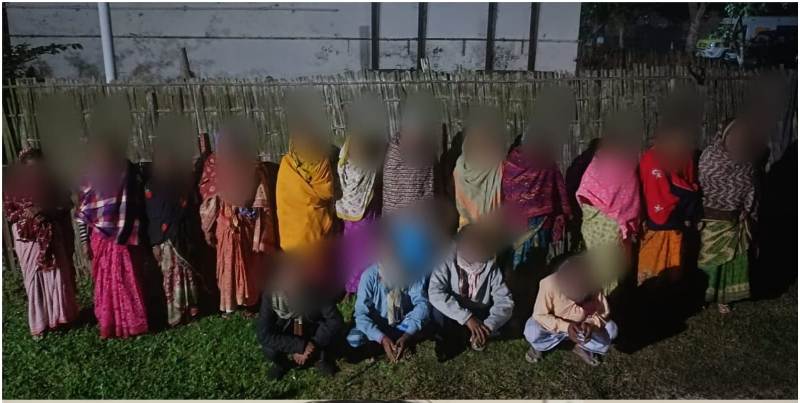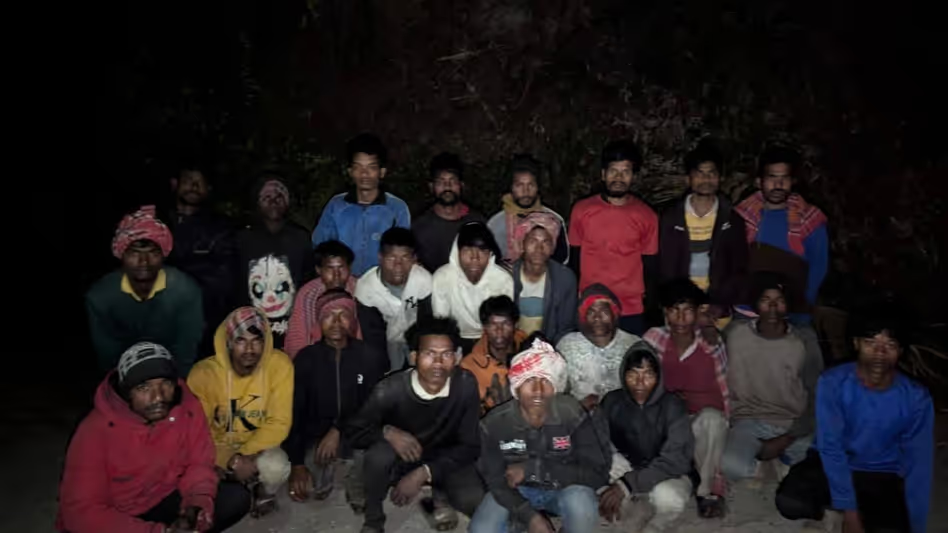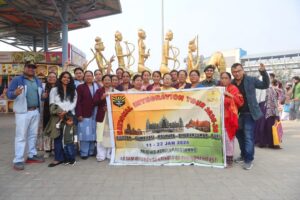
NCERT Drops Delhi Sultanate and Mughal Chapters from Class 7 History Book, Focus Shifts to Ancient India
New Delhi | April 30, 2025: In a sweeping overhaul of school history education, the National Council of Educational Research and Training (NCERT) has removed chapters detailing the Delhi Sultanate and Mughal Empire from the Class 7 history textbook for the academic session 2025–26. This move significantly narrows the timeline of medieval Indian history, redirecting the narrative focus toward ancient dynasties and cultural heritage.
The revised syllabus pivots to emphasize India’s early civilizations, featuring chapters on the Maurya, Satavahana, and Chola dynasties, with the historical timeline now concluding around the Gupta period. This restructuring effectively eliminates nearly a millennium of medieval history, a period that previously covered Islamic rule and imperial developments in the subcontinent.
In place of political dynasties such as the Mughals and the Delhi Sultans, the new curriculum introduces cultural and thematic modules, including chapters like “How the Land Becomes Sacred”, which highlight sacred geography, pilgrimage traditions, and festivals like the Kumbh Mela. Other new themes include #IndiaAndTheWorld, #Governance, and #CulturalTraditions, shifting the pedagogical lens to spiritual, philosophical, and artistic heritage.
The revision has sparked intense debate among historians, educators, and political commentators. While supporters argue the change is aimed at reviving pride in India’s ancient civilization, critics warn that it represents a politically motivated redrawing of history, potentially sidelining the complexities of India’s Islamic and medieval past.
NCERT officials have defended the move as part of the National Education Policy (NEP) 2020’s vision, which encourages contextualized and thematic learning over dynastic chronology. However, academics from various institutions have raised concerns about historical continuity, academic balance, and the erasure of diversity in India’s rich past.
As the revised textbooks begin circulation in schools nationwide, the impact of this pedagogical shift will be closely monitored in classrooms, academic circles, and political forums alike.

